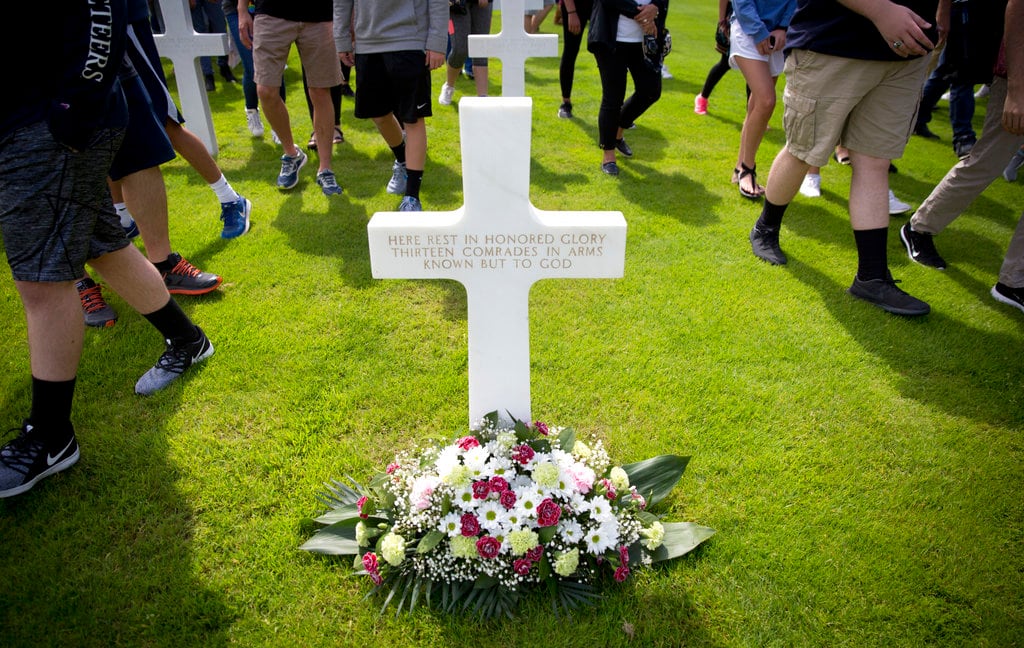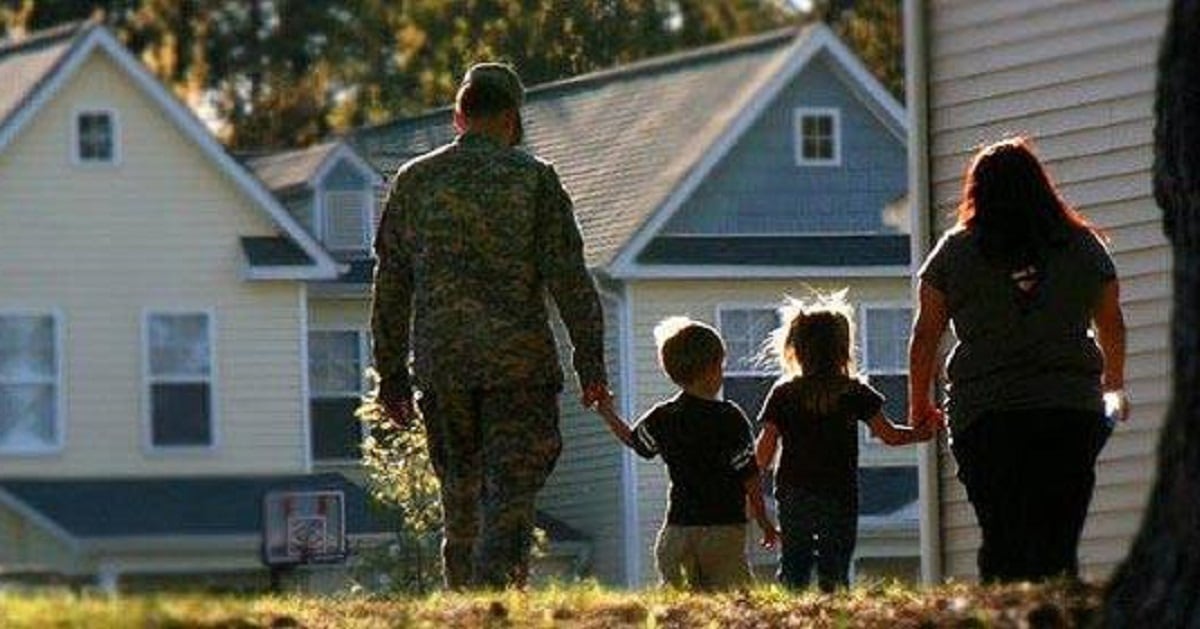More family members of deployed troops can travel space-available on military transport flights, thanks to a recent expansion of the Defense Department's space-A passenger rules.
Dependents of service members deployed for at least 30 consecutive days will be able to fly without their service members anywhere in the world if space is available on a flight, and if they meet certain requirements.
Previously, a dependent's sponsor had to be serving on a deployment for at least 120 days for the dependent to fly unaccompanied on a space-A flight.
The flights are free or at nominal cost, but they're just what the name says — space available, which means there is no guarantee of a seat. Military missions always take priority on military transport flights.
Space-A travel is authorized for eligible dependents to and from the continental U.S. and outside continental U.S. locations, between CONUS locations, and within/between OCONUS theaters.
The new rule became effective with a recent memorandum signed by Frank Kendall, undersecretary of defense for acquisition, technology and logistics. The memo states that the policy change is "in recognition of the sustained efforts of the spouses and dependent children of our deployed military members."
The change resulted from one of 15 quality-of-life recommendations made by the Military Compensation and Retirement Modernization Commission in January.
The issue was first raised during a town hall meeting at Joint Base Lewis-McChord, Washington, according to the commission's report. "The commission heard accounts of how important space-A travel benefits can be to service families, improving access to extended family and other support during periods of deployment," the report stated.
"When available, this benefit was able to improve service families' quality of life by reducing the psychological and financial stresses placed on them by the military obligations of their deployed service member."
The commission cited a 2012 analysis of 678,382 active-duty members from 2001 to 2006 showing that many deployments for Operation Enduring Freedom and Operation Iraqi Freedom were for fewer than 120 days.
Space-A travelers who receive this benefit are classified in Category 4 out of six categories on the priority travel list. Categories 1 through 3 include personnel on emergency leave; sponsors on environmental morale leave and their accompanying family members; and Department of Defense Education Activity teachers and their family members on EML status during a school year holiday or vacation period; service members on ordinary leave or convalescent leave; and troops on permissive temporary duty orders for house hunting.
Eligible dependents can sign up for space-A travel no earlier than 10 days prior to their service member's deployment. They can begin travel on the first day of the member's deployment, and must complete the travel by the last day of the member's deployment.
Dependents must have a letter from their service member's commander verifying the deployment. The letter must be presented to air terminal personnel and kept in dependents' possession during the travel. A sample form of that letter, as well as more space-A regulations and information, is online at www.amc.af.mil/amctravel.
Space-A travelers should always make sure to have sufficient funds on hand to cover lodging, ground transportation, meals, commercial travel and other potential expenses if space-A flights are delayed, diverted or canceled.
Karen has covered military families, quality of life and consumer issues for Military Times for more than 30 years, and is co-author of a chapter on media coverage of military families in the book "A Battle Plan for Supporting Military Families." She previously worked for newspapers in Guam, Norfolk, Jacksonville, Fla., and Athens, Ga.





